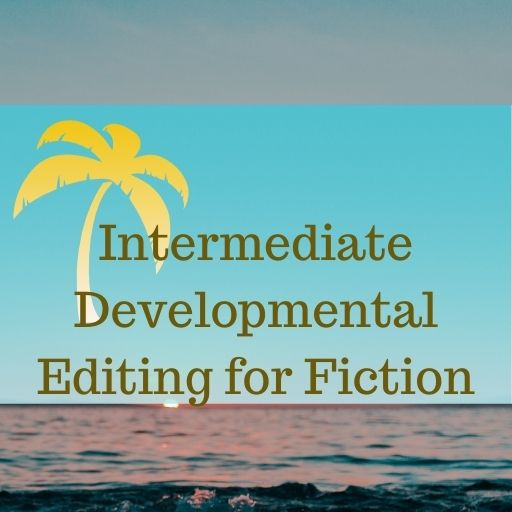Packing emotion into a tight space
Mastering Storytelling: Emotions in Writing
Being able to convey emotions in writing is a storyteller’s dream.
Kate Rusby is an English folk singer-songwriter whose songs sometimes make me laugh and sometimes make me cry.
I typically write and edit in long form – novels, not short stories. So I’m always interested in how writers manage to tell stories that evoke emotions in many fewer words than I ever use.
Rusby’s folk songs almost always have an immediately identifiable situation: the wife is cheating on her husband, the lovers are being parted forever, the husband thinks he works harder than his wife.
These situations resonate with our deepest instincts: we want our spouses to be faithful, we don’t want to be parted from our loved ones (whether through death or distance), we want life to be fair.

Violating these deep basic urges creates emotion in the listener/reader, because the listener/reader is always identifying with the main character of any story, whether or not they share many (or any) traits with that character.
If a writer starts with a situation that is not immediately understandable, it’s harder for the reader to invest in the story/make sense of the story. If we spend the first five chapters following Edgar around his boring day job as an insurance actuary without understanding what in this situation matters to the plot, we’re going to lose interest.
This affects genre, too. If I’m reading a romance and the two main characters still haven’t met halfway through, I doubt that I’m in the hands of a good storyteller because a good storyteller would know that the central concern of a romance is the development of the love relationship between the two main characters.
But if I pick up a romance and immediately read about Martha the homeowner getting into an argument with George the contractor, I know exactly what the situation is (enemies to lovers) and I settle in for the long haul.
Similarly, it’s hard to evoke emotion in a reader when the basic conflict of story is not about the deep basic urges and needs that humans have. If it’s not about loyalty or love or fairness, then we don’t really care that much as readers.
That’s why a story about a kid who gets Bs and Cs in high school and goes on to a state college and does pretty well except for that one economics class and gets a job running a real estate firm after graduating doesn’t interest us.
But a story about a kid who cheated his way in does (provoking outrage) or a kid who has to fight against a sexist teacher to earn a coveted art scholarship will engage us (anger at unfairness; satisfaction at justice prevailing).
Looking at other forms of storytelling can tell us a lot about how to write a story.
Other Helpful Content
The Fine Art of Copyediting Fiction
When copyediting fiction, it’s common to run up against issues that pit author preference against standard editing approaches. For example, in a story I wrote some years ago, the main character’s neighbor is referred to as “3-B” as that is her apartment number and the MC doesn’t know her name. Fine. She can be referred…
Let the manuscript teach you how to edit it
One of the lessons I’ve learned over many years of editing is that you have to let the manuscript teach you how to edit it. Every manuscript is different and every manuscript needs a different touch. Even when an author does something I’ve seen many times before, I have to edit for that particular manuscript,…
Helping Authors Strengthen Story Settings
The setting of a novel consists of multiple elements, big and small, that nest inside each other like those little Russian dolls. We might show this hierarchy of settings like so: If you think about it, the micro setting of “the living room of 601 San Mateo Road Apartment 16” implies the existence of all…
Join the Club!
New to story editing? Begin at the beginning.




